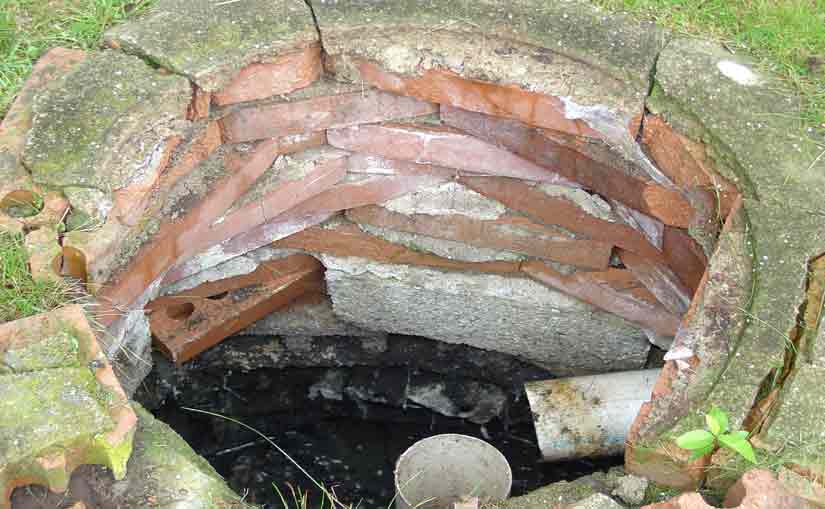There are many articles out there on the affects of rain in a septic system. This article will briefly discuss how rain water can cause overflowing in cesspits. Hard to accept but even if it rained, you still had to attend school. When you finish school, you still had to go to work. That has always been the way things were and always will be. So technically, you had no choice but to comply.
That rainy Saturday morning, classes were suspended because of a tornado threat. Warnings were sent through television, radio, and even SMS. It was a very important thing for all of you to heed that warnings and just stay at home. It was pretty tempting to go out and have fun with friends, though. The mall would be a nice place to hang out. You wondered if your favorite coffee shop was open. Your mouth watered at the thought of your favorite chocolate-coffee-cherry smoothie. This was when you decided to go to the kitchen and go crazy blending your own version of your favorite smoothie. Having a blender at home made it possible for you to drink as many smoothies, any time, any day. It was sort of a hobby for you. Some play basketball, some play chess, some paint during their free time but you blend.
It was kind of a unique hobby for you to blend the family’s favorites. Since it was a day off for the family, your mother thought of doing laundry the entire day. The rain poured even stronger and the winds were conquering the trees outside. When you looked out the window, you thought you just saw a small bike blown away. Your mother was in the laundry room washing as much as she could. When you looked out into your yard, it was flooded. Your brother just told you that the drains, sinks, and toilets were backing up. When the rains stopped the following day, the septic expert was called because the yard was still flooded and everything still backed up. The house was started to fill will septic odors. The septic expert said that the cesspit overflowed because of the heavy rainfall and the washing machine’s grey water. He said that the following should be done if the overflow was to be prevented the next rainfall:
- The toilets, drains, and sinks should be used properly by not dumping oils and non-biodegradable materials into them. A dry well should be build to assist in collecting the grey water from dishwashers and washing machines.
- Antibacterial detergents and soaps should not be used in the household anymore because these kill off the bacteria that decompose the solid waste materials in the wastewater.
- The gutter for the rainfall should be moved away from the cesspit area to prevent more water from entering the system.
- The play ground over the cesspit should be moved because this could have already caused damage to the cesspit and caused an overflow.
- The treatments and pump outs schedules should be kept as recommended by the septic expert.
It took about five days for the changes in the yard to be finished. The weather cooperated during that period and your family was thankful about it. The septic expert was kind enough to assist the hired carpenter to make the necessary changes. Everything happened as the septic expert recommended and they finished just in time. Another storm came. Classes were again suspended. Your mother didn’t even think of doing laundry anymore even if a dry well was already installed. It was a very difficult thing when the drains, sinks, and toilets backed up and she didn’t want that to happen again.
Anyone could fairly say that the rainfall was a blessing in disguise. If it didn’t hit your town, your family wouldn’t be able to know how to really take care of your cesspit. The septic expert said that it was always a critical time for any homeowner when rain falls heavily. It was a real test on how their cesspits really were. In your family’s case, it was true. Always remember that rainwater can cause overflowing in cesspits.

